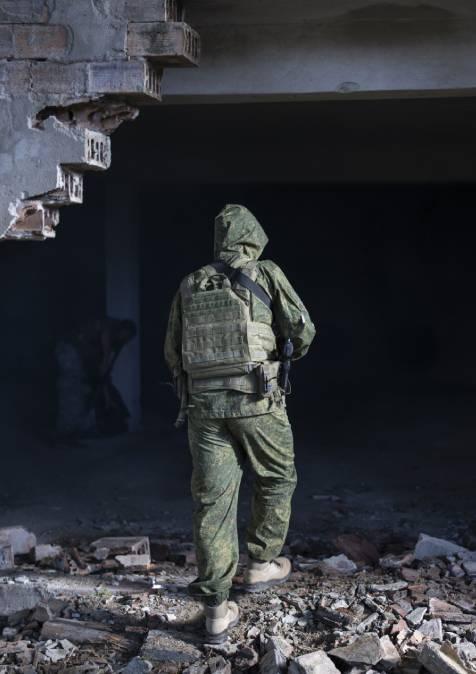In early January 2023, a man was detained near the Russian-Norwegian border at 1.58 a.m. local time. The night was frost-bite cold and the man, a Russian citizen, had run across the frozen Pasvik River, at a place where it was a few hundred meters wide. He’d jumped some barbed-wired fences, which demarcated the border. The Russian avoided official checkpoints because he was a fugitive, and dogs were following him through the polar night, barking, menacing. Their masters aimed at the ...






